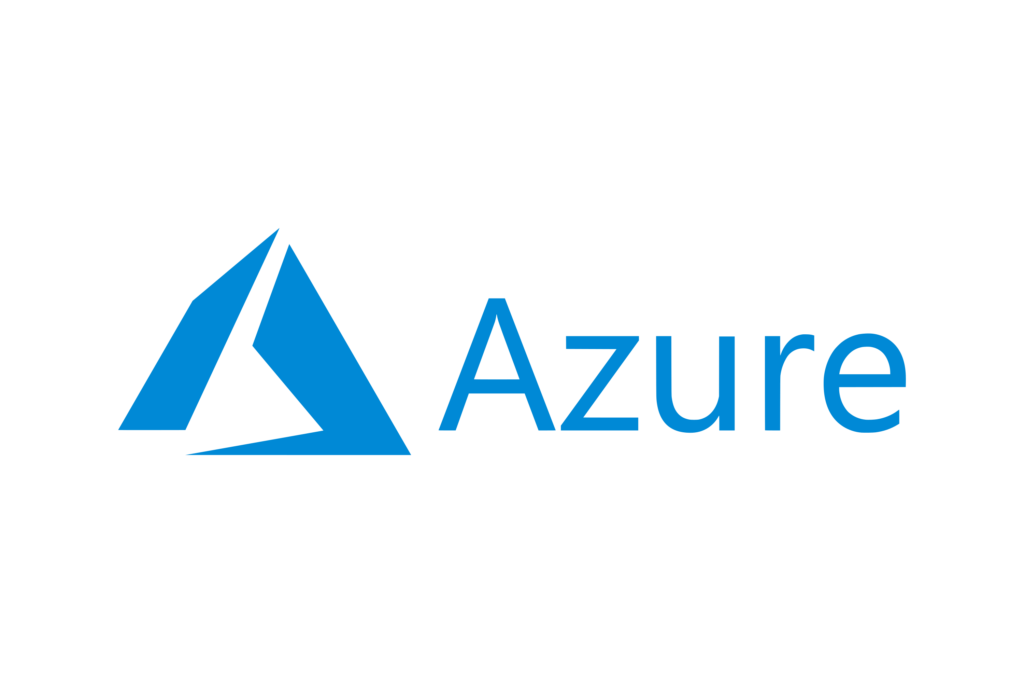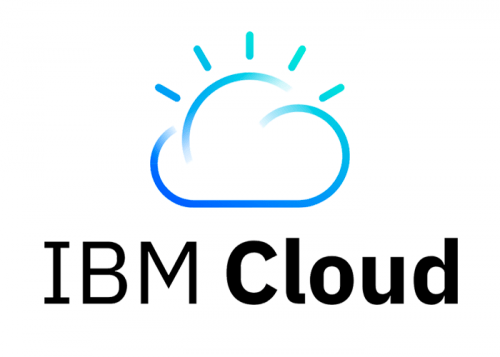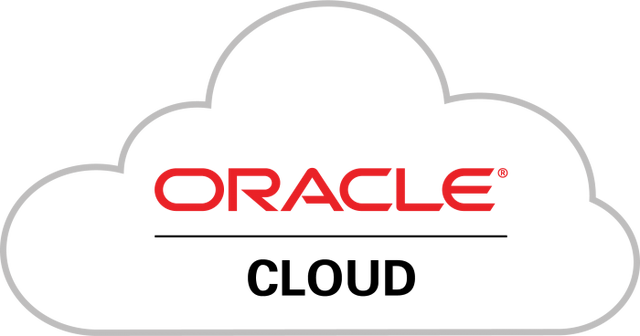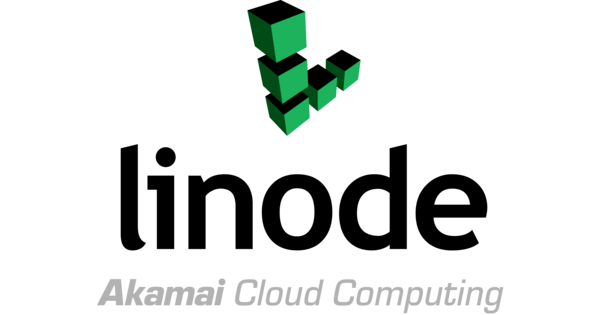
In today’s digital age, businesses and individuals alike are embracing the power of the cloud to store data, run applications, and scale their operations. But before we dive into the world of public cloud providers, let’s start with the basics: What is a public cloud, and how does it differ from a private cloud?
What Is a Public Cloud?
A public cloud is like a vast virtual playground of computing resources, managed by a cloud provider and shared among many users. It’s like renting space in a massive data center owned by a reputable company. This means you don’t have to worry about maintaining the physical servers or infrastructure; you simply pay for the resources you use.
Public cloud services are available to anyone over the internet, making them accessible to businesses of all sizes and individuals. You can think of it as a pay-as-you-go model, where you only pay for what you need, making it a flexible and cost-effective solution.
What Is the Difference Between Public and Private Cloud?
Now that we have a clear understanding of public clouds, let’s explore the key differences between public and private clouds:
1. Ownership and Accessibility:
- Public Cloud: Owned and operated by a third-party cloud provider, accessible to anyone over the internet.
- Private Cloud: Owned and operated by a single organization, typically used for internal purposes, and access is restricted.
2. Cost and Scalability:
- Public Cloud: Offers a pay-as-you-go model, making it cost-effective and scalable.
- Private Cloud: Requires significant upfront investment and is usually less flexible in terms of scalability.
3. Security and Control:
- Public Cloud: Provides robust security measures but may not offer the same level of control as a private cloud.
- Private Cloud: Offers greater control and customization of security measures but requires the organization to manage them.
4. Resource Sharing:
- Public Cloud: Resources are shared among multiple users, which can be cost-effective but may raise concerns about data isolation.
- Private Cloud: Resources are dedicated to a single organization, ensuring data isolation but potentially at a higher cost.
5. Use Cases:
- Public Cloud: Ideal for businesses and individuals looking for cost-effective, scalable, and easily accessible cloud solutions. It’s suitable for a wide range of applications and services.
- Private Cloud: Best suited for organizations with specific security, compliance, or data control requirements. It’s often used for sensitive data and applications.
Now that we’ve clarified the difference between public and private clouds, let’s delve into some of the most popular public cloud providers and their key advantages in simple terms.
Amazon Web Services (AWS)

AWS, by Amazon, is the undisputed king of the cloud. It offers a vast range of services, from storage to computing, and is known for its reliability and scalability. Businesses choose AWS for its global reach and robust security features.
Key Advantages:
- Scalability: Easily expand or shrink your resources as needed.
- Reliability: Highly dependable with minimal downtime.
- Wide Service Portfolio: Offers a broad range of services to meet diverse needs.
Microsoft Azure

Azure, from Microsoft, is user-friendly and integrates seamlessly with Microsoft products. It’s a favorite among businesses that rely on Windows-based software and services.
Key Advantages:
- Compatibility: Perfect for Microsoft-based ecosystems.
- Hybrid Cloud: Allows integration between on-premises and cloud environments.
- Enterprise Focus: Ideal for large organizations.
Google Cloud Platform (GCP)

GCP, from Google, is known for its machine learning and data analytics capabilities. It’s the go-to choice for those who want to harness the power of data.
Key Advantages:
- Machine Learning: Advanced AI and ML capabilities.
- Big Data Analytics: Powerful data processing tools.
- Global Network: Fast and reliable worldwide network infrastructure.
Alibaba Cloud

Alibaba Cloud is a rising star, especially in Asia. It’s known for its competitive pricing and a wide range of services.
Key Advantages:
- Competitive Pricing: Often more affordable than other providers.
- Asia-Centric: Strong presence in the Asian market.
- Growing Ecosystem: Constantly expanding its offerings.
IBM Cloud

IBM Cloud focuses on enterprise-level solutions. It offers robust cloud services and integrates well with legacy systems.
Key Advantages:
- Enterprise Integration: Works seamlessly with existing IBM technologies.
- Security and Compliance: Strong emphasis on data protection and compliance.
- AI and Blockchain: Offers advanced AI and blockchain capabilities.
Oracle Cloud

Oracle Cloud specializes in databases and enterprise applications, making it the top choice for businesses heavily invested in Oracle products.
Key Advantages:
- Database Services: Outstanding database solutions.
- Integration: Easy integration with Oracle software.
- High Performance: Fast and reliable performance.
Salesforce App Cloud

Salesforce App Cloud is tailored for building and deploying applications quickly. It’s a favorite among developers.
Key Advantages:
- Rapid Development: Speeds up application development.
- No Code/Low Code: Allows building apps with little coding.
- CRM Integration: Seamlessly connects with Salesforce CRM.
Digital Ocean

Digital Ocean is a straightforward cloud provider, beloved by startups and developers for its simplicity and developer-friendly tools.
Key Advantages:
- Simplicity: Easy-to-use interface and straightforward pricing.
- Developer-Friendly: Tools and resources catered to developers.
- Scalability: Offers a balance of scalability and simplicity.
Linode

Linode is known for its affordability and transparency, making it an attractive choice for budget-conscious users.
Key Advantages:
- Affordable: Competitive pricing with no hidden fees.
- Transparency: Clear pricing and straightforward services.
- Community Support: Active community and extensive documentation.
In conclusion, understanding the basics of public cloud and the differences between public and private clouds is crucial when navigating the world of cloud computing. Each type has its own set of advantages and use cases, so consider your specific needs and preferences when choosing the right cloud solution for you or your organization. Whether you prioritize scalability, affordability, integration, or simplicity, there’s a cloud provider out there to meet your requirements. Take your time to explore these options and find the one that best aligns with your goals.
[…] Find out about Top Public Cloud Provides: https://devopstipstricks.com/a-simple-guide-to-top-public-cloud-providers-with-key-advantages/ […]
[…] Check out the most popular public cloud providers: https://devopstipstricks.com/a-simple-guide-to-top-public-cloud-providers-with-key-advantages/ […]